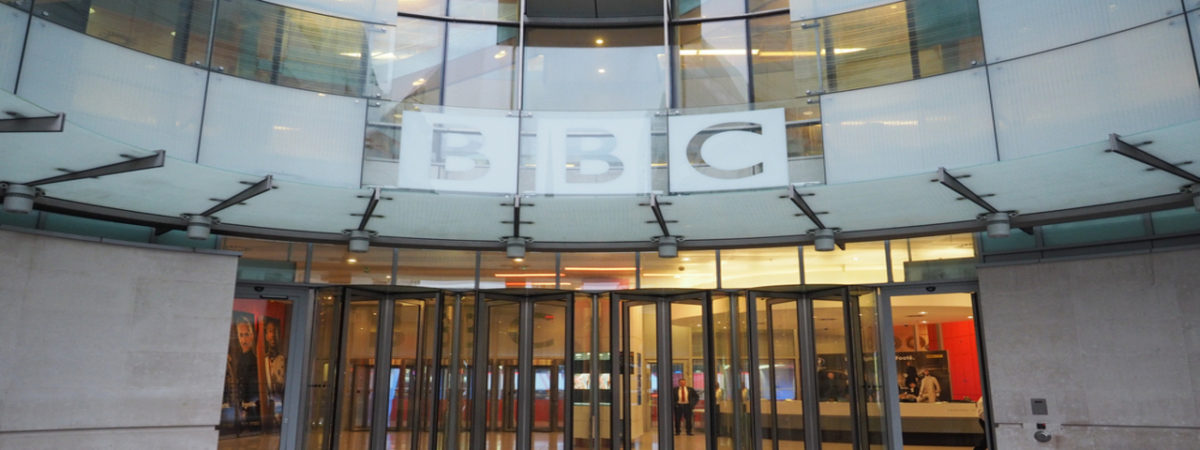The City must avoid complacency & embrace flexibility to prosper post-Brexit
SUGGESTED

IEA releases analysis revealing Brexit bias on flagship political programmes

IEA reacts to the Government's response to the Taylor review

IEA releases report on The City of London post-Brexit
Nevertheless, with an increasingly globalised marketplace, steps must be taken to ensure London continues to be an attractive option for overseas companies. The City’s ability to attract global listings significantly contributes to its competitive position and is often overlooked. As they stand, the rules that companies must adhere to in order to list on the London Stock Exchange need to be interpreted flexibly otherwise it risks major companies with dual listings in London moving elsewhere.
In a new report from the Institute of Economic Affairs, author and leading economist Gerard Lyons, argues that a more flexible approach to equity listing will make UK markets and indexes more accessible, and therefore more attractive to international companies. The race to win the Aramco share listing demonstrates how fierce the competition is and shows how vital it is for London to develop its dominance in this area.
Saudi Aramco: an example of the need for flexibility
- In 2017 there was increased competition among exchanges to attract the planned listing by Saudi Aramco of five per cent of their stock
- Andrew Bailey, Head of the Financial Conduct Authority, was prepared to attract the listing by exempting state controlled firms from the rule that at least a quarter of the company must be sold in order to gain a premium listing.
- This move highlighted the benefits to the UK of an accommodative listing policy in a highly competitive environment
- It also revealed the importance of the UK retaining its highly regarded governance standards
This example demonstrates that, in some instances, the regulatory burden needs to be eased where it can in order to attract global companies, retain dual listed companies and safeguard against competition.
With companies that have a dual listing in London and elsewhere, there is half a trillion dollars to play for. Losing their market capitalisation in London would result in a $235 billion loss; to retain it and attract additional capitalisation would add up to $494 billion.
In this vein, the UK listings Authority and FTSE Russell must be flexible in interpreting their rules to ensure continued access to the UK markets and indexes, such as the FTSE 100, for key international companies.
Commenting on the report, author Dr Gerard Lyons, co-founder of Economists for Brexit, said:
“The UK must build upon its many institutional competitive advantages that have given The City pre-eminence in global finance. The equity markets are a prime example. The UK authorities must ensure flexibility in interpreting their listings rules and ensure continued access to the UK markets and indices such as the FTSE 100 for key international companies.”
Also commenting on the report, Julian Jessop, Chief Economist and Head of the Brexit Unit at the Institute of Economic Affairs, said:
“As Gerard argues, most of the City’s key competitive advantages are ‘Brexit-proof’. But there is no room for complacency. Policy-makers have a vital role to play in ensuring London remains the world’s leading financial centre.”
Notes to editors:
For media enquiries please contact Nerissa Chesterfield, Communications Officer: nchesterfield@iea.org.uk or 020 7799 8920 or 07791 390268
To download a copy of London’s Global Reach and the Half a Trillion Dollars Equity Prize please click here.
To find out more about the IEA’s Brexit Unit, click here.
Further IEA Reading: The IEA Brexit Prize: A Blueprint for Britain-Openness not Isolation
The mission of the Institute of Economic Affairs is to improve understanding of the fundamental institutions of a free society by analysing and expounding the role of markets in solving economic and social problems and seeks to provide analysis in order to improve the public understanding of economics.
The IEA is a registered educational charity and independent of all political parties.



